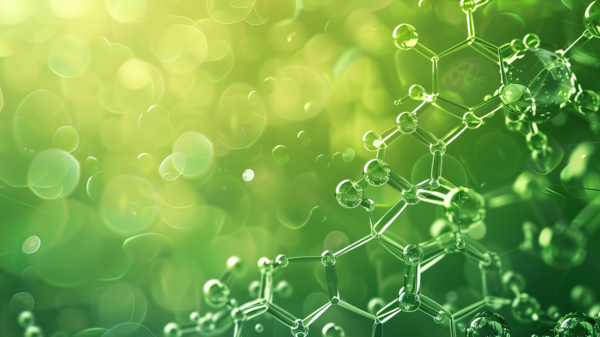With more than 2,900 life sciences organisations employing one in every 60 Australians, the sector continues to grow as a pillar of the nation’s future innovation economy. This week’s announcements, from expanding trade facilitation to forging international partnerships and welcoming record global delegates, underscore Australia’s ambition to play a leading role in the global life sciences landscape.
New trade leadership role to boost global growth
AusBiotech has announced the appointment of Tamlyn O’Connor as Head of Global Trade and Partnerships, a new national TradeStart role in collaboration with Austrade, designed to accelerate the international growth of Australia’s life sciences sector.
O’Connor will work directly with biotechnology, pharmaceutical, medtech and digital health companies to help them scale globally, connecting Australian innovators with Austrade’s international networks and programs. AusBiotech is the first life sciences peak body to join the TradeStart network nationally, aligning its sector expertise with Austrade’s global reach.
“Through this new TradeStart partnership, I’m excited to support Australian companies as they take their innovations to international markets, unlocking opportunities for global health, growth and collaboration,” O’Connor said. AusBiotech CEO Rebekah Cassidy said the appointment reflects a deep commitment to building “a stronger bridge between Australian life sciences expertise and global opportunities."
Record international participation at AusBiotech 2025
The announcement came as global engagement surged at the AusBiotech International Conference 2025, which this week welcomed more than 1,600 delegates from over 20 countries, a record for the event.
The four-day conference, held in Melbourne, is recognised as one of the Asia–Pacific region’s premier life sciences gatherings. International delegates accounted for nearly 20 per cent of total attendance, reflecting growing interest in Australian biotech and medtech innovation.
Senator Michelle Ananda-Rajah addressed the conference, highlighting the sector’s role in driving a diversified, innovation-led economy. Cassidy said the scale of participation underscored the sector’s growing global relevance: “Australia’s life sciences sector is ready to stand as a cornerstone of Australia’s future. Bold reform is needed now to strengthen every stage of the pipeline from research to manufacturing, empowering Australian companies to compete and thrive globally.”
The conference featured more than 250 speakers across 60 sessions, including international showcases and policy forums designed to build commercialisation pathways and partnerships across the global biotech ecosystem.
Australia and Taiwan deepen collaboration
Further reinforcing this global momentum, AusBiotech signed a Memorandum of Understanding with the Taiwan Bio Industry Organization (Taiwan BIO) to strengthen life sciences collaboration between Australia and Taiwan.
The partnership aims to connect the Oceania and Asia biotech hubs, supporting shared research, trade and innovation initiatives. “This MOU reflects our commitment to building enduring global relationships that help drive innovation, commercialisation, and the sustainable growth of Australia’s biotechnology sector,” said James Campbell, Chair of AusBiotech.
Dr Lee-Cheng Liu, Chairman of Taiwan BIO, described the agreement as a “collaboration without boundaries,” enhancing the global impact of both countries’ biotech ecosystems. The MOU was signed during the AusBiotech International Conference, underlining the event’s growing role as a platform for international engagement.
